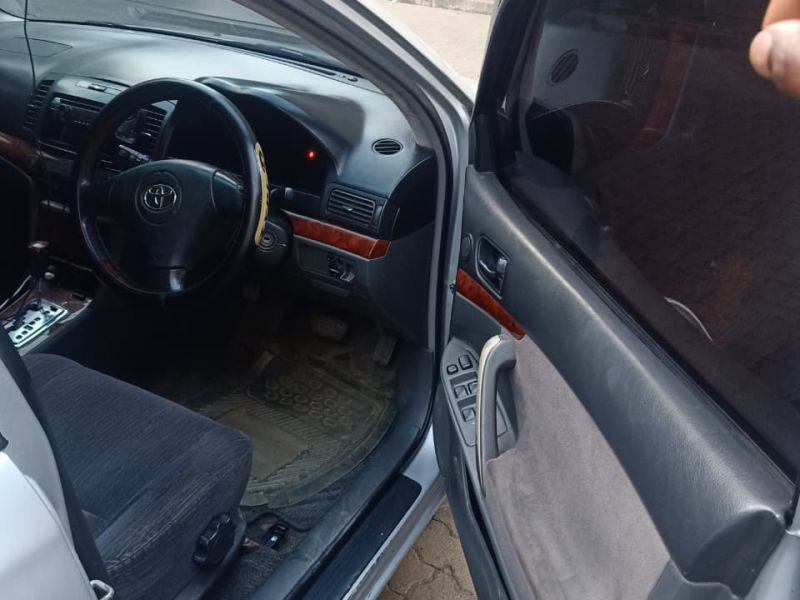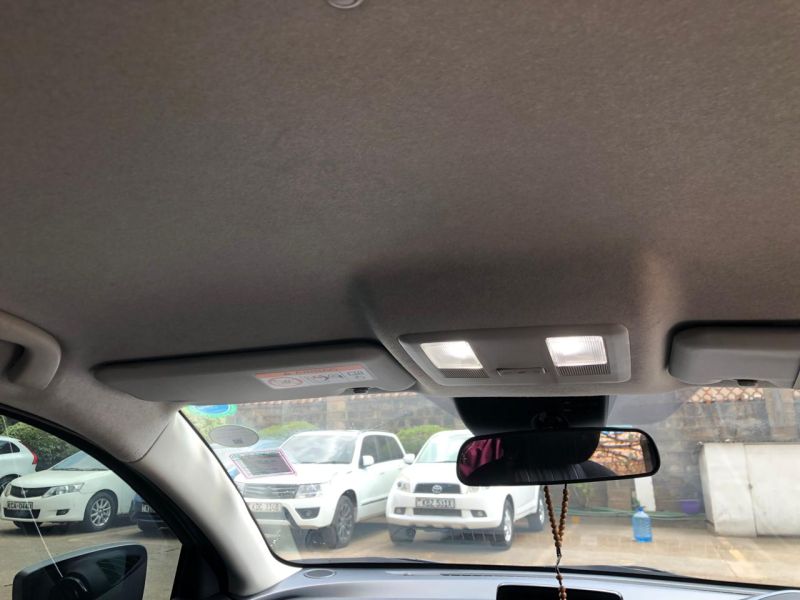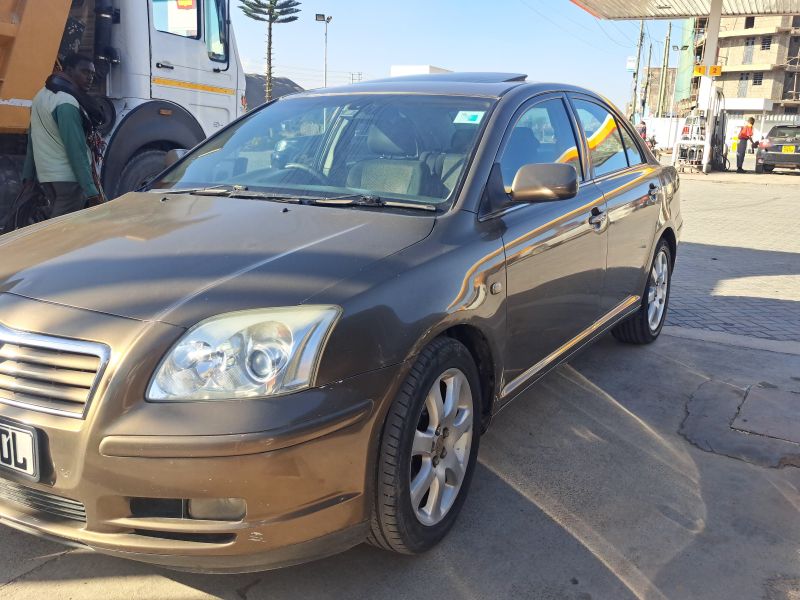
How to Update Your Vehicle Records with NTSA’s New Tool in Kenya
If you own a car or motorcycle in Kenya—whether it’s a private saloon, a matatu, a Probox, or a boda boda—it’s time to get your vehicle records in order. NTSA has launched a new vehicle update tool to simplify record-keeping and ensure all vehicles on Kenyan roads are compliant.
This is not just for individual motorists. Banks, insurance companies, car dealerships, government agencies, and corporates with fleets of vehicles will also need to update their records.
NTSA Director General George Njao said this is about accountability, compliance and service delivery across the transport sector.
So how does it work, why does it matter and what should you look out for? Let’s break it down.
Why Updating Vehicle Records Matters
Vehicle records are the backbone of Kenya’s transport system. Keeping them up-to-date benefits everyone on the road.
- Legal Compliance: Driving a car with outdated or mismatched records can attract fines or penalties under the Traffic Act.
- Proof of Ownership: Updated records make it easier to prove ownership in case of disputes, theft or sale.
- Insurance Validity: Insurance claims can be rejected if the registered details don’t match the current owner.
- Tax Status: NTSA works with KRA to ensure duty and tax obligations are cleared.
- Curbing Fraud: In the past scammers exploited outdated records to resell cars illegally. Updated records reduce this risk.
Example: In 2023 a Nairobi businessman bought a Toyota Prado only to find out later the logbook hadn’t been updated. He spent six months in court because the seller’s records were incomplete. Under the new NTSA update system such risks are minimised.
How to Update Your Vehicle Records
Unlike car transfers or inspections, this particular NTSA process still requires a physical visit to NTSA offices. Here’s what you need to do:
1. Write a Duty Record Update Request Letter
Prepare a formal request letter addressed to NTSA asking them to update your vehicle records. Be sure to include your:
- Full name
- Phone number
- Email address
This letter acts as your official application.
2. Gather Your Required Documents
Attach the following documents to your request letter:
- A copy of your National ID (for individuals).
- Company registration documents (if you represent an organization).
- The original vehicle logbook.
- The KRA entry document.
- The duty payment receipt.
3. Visit the NTSA Office in Person
Go to your nearest NTSA office and submit the request letter plus supporting documents. NTSA will stamp a copy of your letter—keep this safely, as it is your proof of submission.
4. Wait for Document Verification
NTSA will verify your documents. This process usually takes 7 working days, but note:
- The countdown only starts once NTSA confirms your documents are complete.
- If something is missing or incorrect, you’ll need to resubmit.
5. Collect Your Updated Records
Once your records have been updated, NTSA will notify you. To collect them, you’ll need to present:
- The stamped request letter.
- Your original ID (or authorization letter if collecting on behalf of a company).
What About Duplicate Logbooks?
If your records are updated and you want a duplicate logbook, you can apply for one on the eCitizen portal.
- The fee is KES 2,550.
- Processing takes about 3 working days.
- You’ll collect the logbook at your chosen NTSA center.
This means the record update itself is free, but duplicate logbook issuance carries the above cost.
Watch Out for Scammers
NTSA has warned motorists to remain vigilant. The process is simple and transparent, but scammers often take advantage of new reforms.
- Do not pay anyone claiming they can “fast-track” your application.
- Avoid unofficial agents or brokers outside NTSA offices.
- All payments should only be made via official NTSA channels or the eCitizen portal.
If you are contacted by suspicious individuals, NTSA urges you to report them immediately or reach out to the Ethics and Anti-Corruption Commission (EACC).
Why This Update Is a Big Deal for Kenya
For years, inefficiencies in record-keeping have plagued Kenya’s motor industry, leading to:
- Delays in car transfers.
- Insurance disputes.
- Fraudulent vehicle sales.
- Lost tax revenue for government.
This record update tool is a step toward a cleaner, safer, and more accountable transport sector.
Example – Boda Boda Sector: Many boda boda riders operate with incomplete documentation. With this update it will be easier to confirm ownership, pay taxes and reduce the number of untraceable motorcycles involved in crimes.
Example – Corporate Fleets: Companies like banks and logistics firms have hundreds of vehicles. The new system makes it easier to consolidate and verify compliance across large fleets.
End of Story
It may seem like a hastle but it’s necessary. Whether you’re an individual with a personal car or a company with a fleet of trucks NTSA’s new system means:
- Your vehicle is compliant.
- Your ownership is safe.
- No future fines, disputes or delays.
Free updates (and a small fee for duplicate logbooks) so no excuses. Get your papers in order now.



